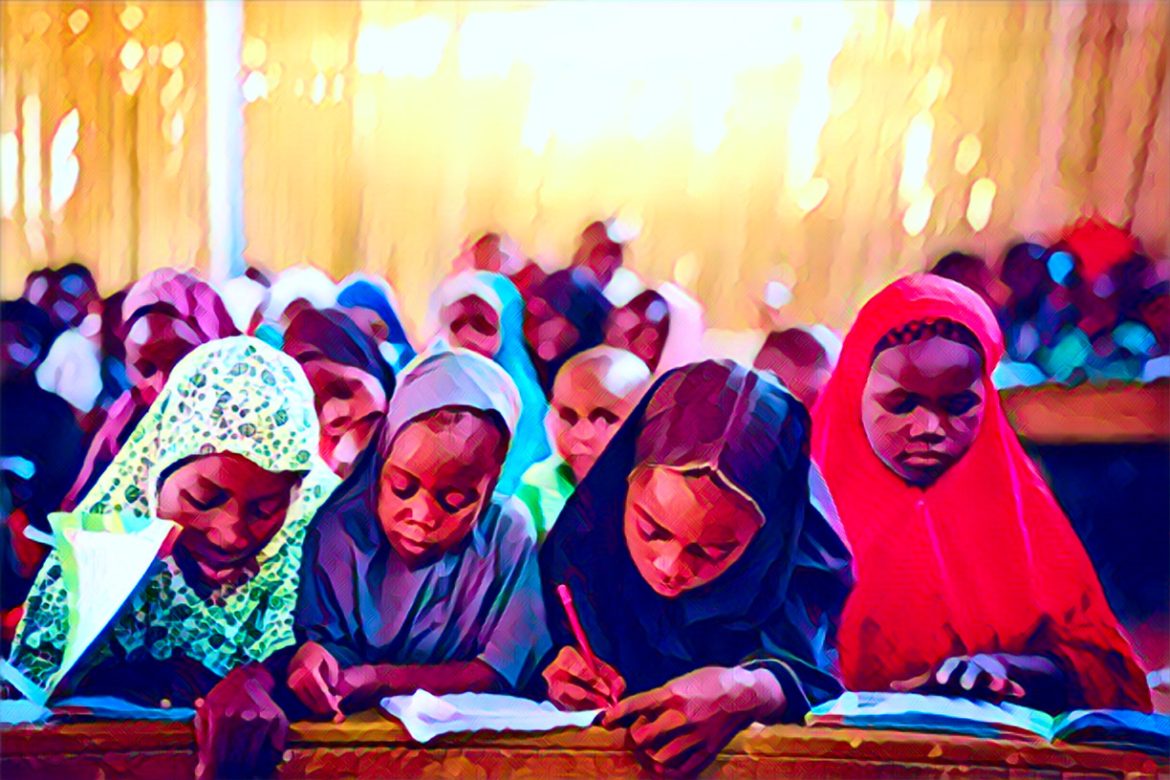KEY POINTS
- NGOs are bridging gaps in Nigeria’s education system.
- Innovative programs are reintegrating marginalized children into schools.
- Teacher training improves the quality of education nationwide.
Education is considered the backbone of the development of any country but in Nigeria, school-age children, particularly millions of them are still out of school.
Poverty, gender disparity, and inadequate infrastructure have ensured that education remains a mirage to the bigger population.
However, this is when non-governmental organizations (NGOs) have intervened to try to meet this need as they have emerged to be pivotal in the modification of the education system across the country.
Mitigating the barriers to education
Nigeria is among the countries with high out-of-school children and a statistic point that shows that there are above 10 million out-of-school children.
Poverty remains one of the biggest barriers, as families often prioritize immediate survival needs over education.
Gender disparities worsen the problem, especially in northern Nigeria; cultural and early marriage deny many girls any chance of education.
These barriers are being addressed by NGOs through individual strategies. For example, the ATLAS Initiative focuses on promoting accessible lifelong learning opportunities through global active citizenship and innovative use of information communication technology.
Facility upgrade and teacher education
The most significant challenge faced in Nigerian education has to do with infrastructure. Due to lack of schools, many children attend class in crowded classroom or under trees.
Some NGOs like the Oando Foundation are however, trying to eliminate this problem by providing building structures for classes, desks and chairs and wash ware facilities in schools.
Another hopeful area is the training of teachers. In their efforts, Non-Governmental Organisations have been trying to enhance the quality of education by providing teachers with appropriate teaching skills.
For example, the Teach For Nigeria seeks to enroll talented young leaders and develop them into teachers who would provide adequate education for children in needy areas.
Promoting inclusive education
Others are advocacy where NGOs have supported education for all to help marginalized groups in society.
Programs such as the Educate A Child (EAC) aim at trying to get back children affected by conflict to school, especially in the northeast where insurgency has severely affected schools and displaced families.
For girls, some organizations, such as Give Girls A Chance (GGAC) have played a very big role in advocating for girl’s rights in education. They have programs aiming at the eradicating causes of girls dropping out of school like scholarships and mentorship as well as offer counseling.
Leveraging technology for learning
As technology advances NGOs are beginning to look for new approaches in education. It is being delivered through the use of e-learning sites and applications; television and radio programs; and mobile and interactive radio for children in rural and conflict-affected areas.
For example, the ACE Charity Foundation started a learning empowerment program (ACE Radio School) to help primary and secondary school children learn STEM subjects while at home without access to online learning during the COVID-19 pandemic.
Also, collaborations with tech firms have helped the NGOs to equip teachers as well as students with the necessary IT knowledge to fit them for the current world jobs market.
Conclusion
NGOs are playing a transformative role in improving access to education in Nigeria.
These organizations are replicating best practices, addressing barriers to learning, providing funds for education facilities, promoting equality for all, and using technology as a tool to support children’s learning and development in the future.
There are areas that need improvement, still, these NGOs contribute to the positive change in attempting to replace ineffective and unfruitful ways of thinking by working together on new approaches that are creating a better shift on Nigerians’ educational opportunities.


